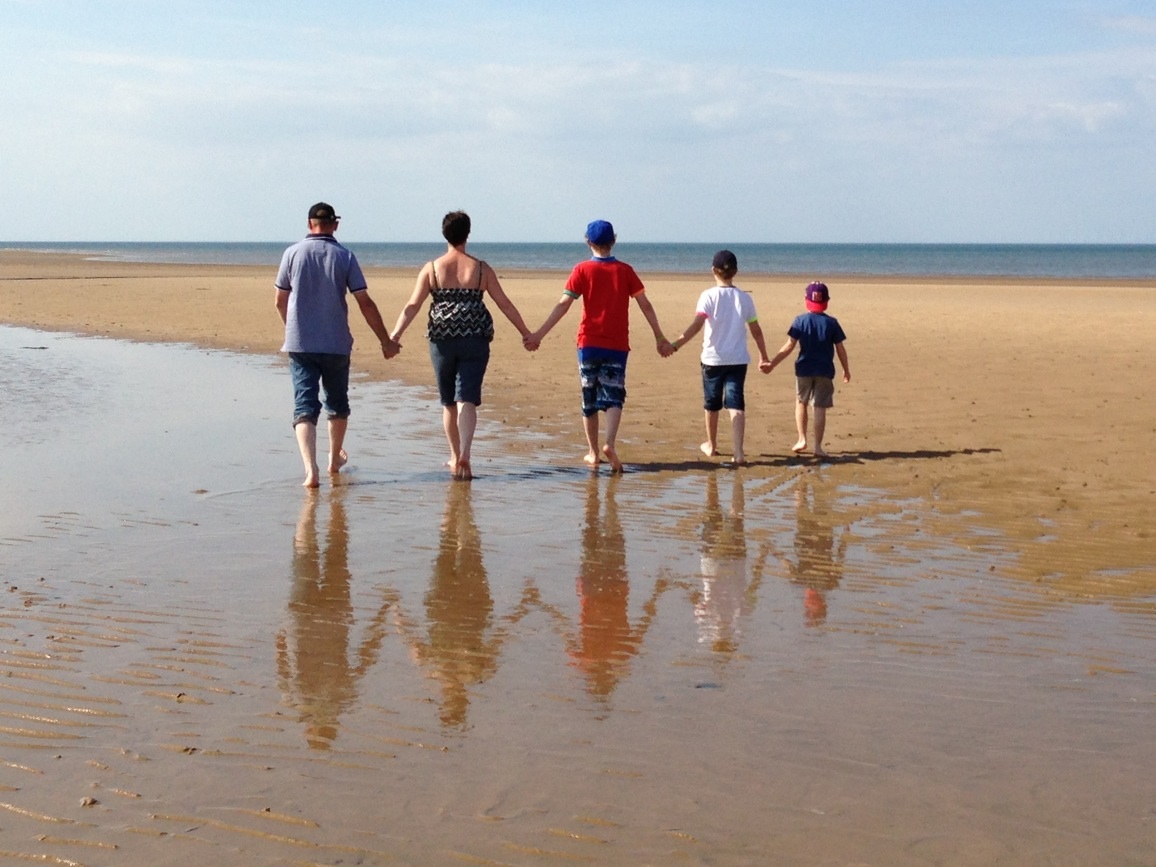There is so much to be said in the fight to increase rare disease research that the theme for Rare Disease Day 2018 is research, continuing on from Rare Disease Day 2017!
Rare disease research contributes to the development of diagnostic tools, treatments and cures, as well as improved health and social care for patients and their families.
The patient community needs researchers. They discover diseases and develop treatments and cures.
Researchers also need patients and reply upon their participation to ensure research is meaningful. Rare disease research is not done for the sake of creating knowledge; the knowledge generated is only useful if it is translated into real benefits for patients.
Patients are not only subjects but also proactive actors in research:
Patients kick start research
Patients convince researchers and companies to finance or engage in research. They also proactively raise funds for research through their own networks.
Patients drive research
Patients set the strategic agenda for research projects, helping to make sure research is truly relevant to patients’ needs. For example, they participate in the design of clinical trials to ensure that the safety and efficacy of medicines are measured in terms of the real benefit they bring to patients.
Patients organise research
Patients work tirelessly to build up a network around their disease. They connect with each other online, for example, through patient groups and at conferences. In doing so, they create the critical mass of patients needed for research on their disease to take place.
Patients also create a community of relevant stakeholders focused on their specific disease. They are at the centre of an ecosystem and bind together all relevant stakeholders involved in research, including researchers, companies, healthcare providers and policy makers.
Patients proactively provide data
Patients provide the data researchers need to discover rare diseases (providing for the development of diagnostic tools) and to learn about how the disease progresses (helping them to determine how to stop the disease or how to develop a therapy.)
Patients join registries and also set up and help maintain registries themselves. They also directly provide data to researchers regarding their health condition (patient-reported outcomes).
Rare Disease Day 2018
There has been great progress in rare disease research, in big part thanks to the advocacy work of the rare disease patient community. Patients are already participating in research. And in some cases patients have taken the reins themselves to fund their own research.
However, the fact remains that there are over 6000 rare diseases, an estimated 30 million people living with a rare disease in Europe and 300 million worldwide, but no cures and few treatments available for the majority of these diseases.
To help change this, patient involvement in research needs to be taken to the next level.
Rare Disease Day 2018 offers participants the opportunity to be part of a global call on policy makers, researchers, companies and healthcare professionals to increasingly and more effectively involve patients in rare disease research.
Great efforts are being made to take rare disease research to an international level. Only by doing so can we guarantee rare disease research will be truly effective. In turn, this will contribute to increased and faster diagnosis of rare diseases and therefore reduce the number of people around the world who face the daily challenge of living with an undiagnosed rare disease.
